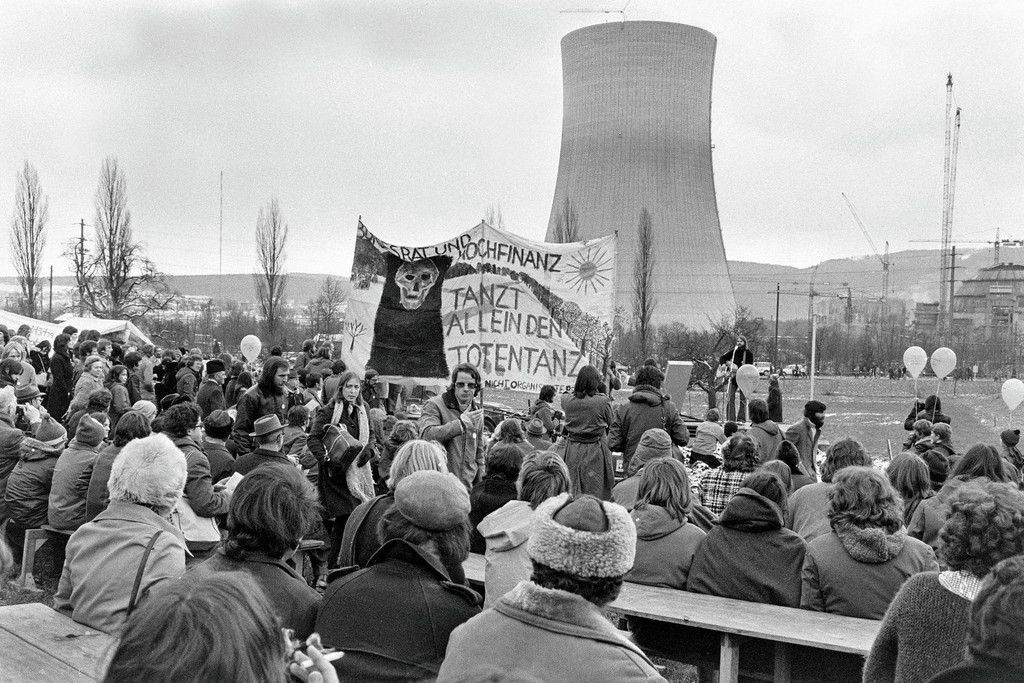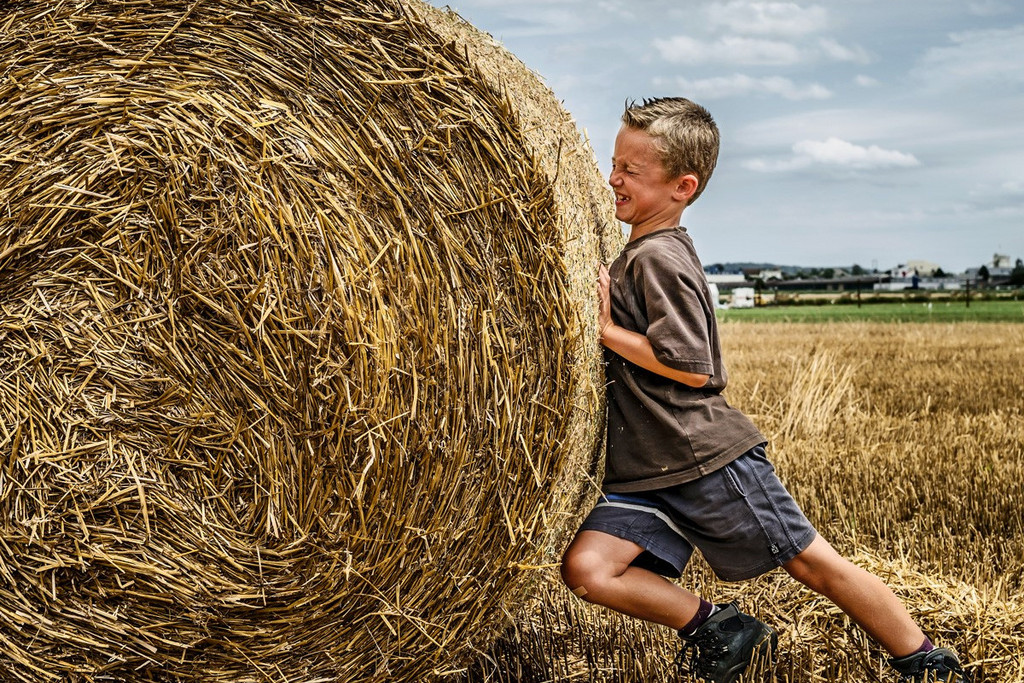
Cliff edge

The day the snow returned

Direct democracy

Cycling through Jura

We, the farmers
![[Translate to English:]](/fileadmin/_processed_/8/4/csm_Kleingeld_SchweizEditorial_c0808c834c.jpg)
The cost of living on an island of prosperity

The return of emergency stockpiling


The election date is drawing nearer and tension is palpably increasing amongst the parties and candidates. The comments are becoming more acerbic, a casual approach is being adopted to the truth and political opponents are being defamed.
This type of politics has become increasingly common over recent years. This is not good for the Swiss system of concordance-based democracy because concordance actually means making decisions by reaching a consensus.
The parties making up the Federal Council are also showing less and less desire and willingness to seek workable solutions. This is clearly reflected in the fact that never have so many Federal Council proposals been rejected in Parliament as during this legislative period. On each occasion an “unholy alliance” has been condemned for disrupting political business. However, the fiasco is actually the responsibility of the political parties that are part of the government but nevertheless still act as the opposition when it suits them. That is extremely frustrating for our Federal Councillors who make up the government. In our system they have no opportunity – no matter how good their ideas or proposals – to allow the Swiss people, the much-lauded highest power in the state, to decide upon them directly. Whether we as voters can do anything to change that when we fill out our ballot papers is a question that I dare not answer. There is nevertheless little doubt that those candidates who shout down the others most vociferously are not the best democrats.

Not an actual election campaign issue but an incredibly politically charged by-product of it, the controversy over Swiss history and its myths is the focus topic of this edition. Our reporter vividly outlines (from page 8 on) how prominent political figures and leading historians are crossing swords over history.
Comments
Comments :
A.H. Bainbridge Island, USA